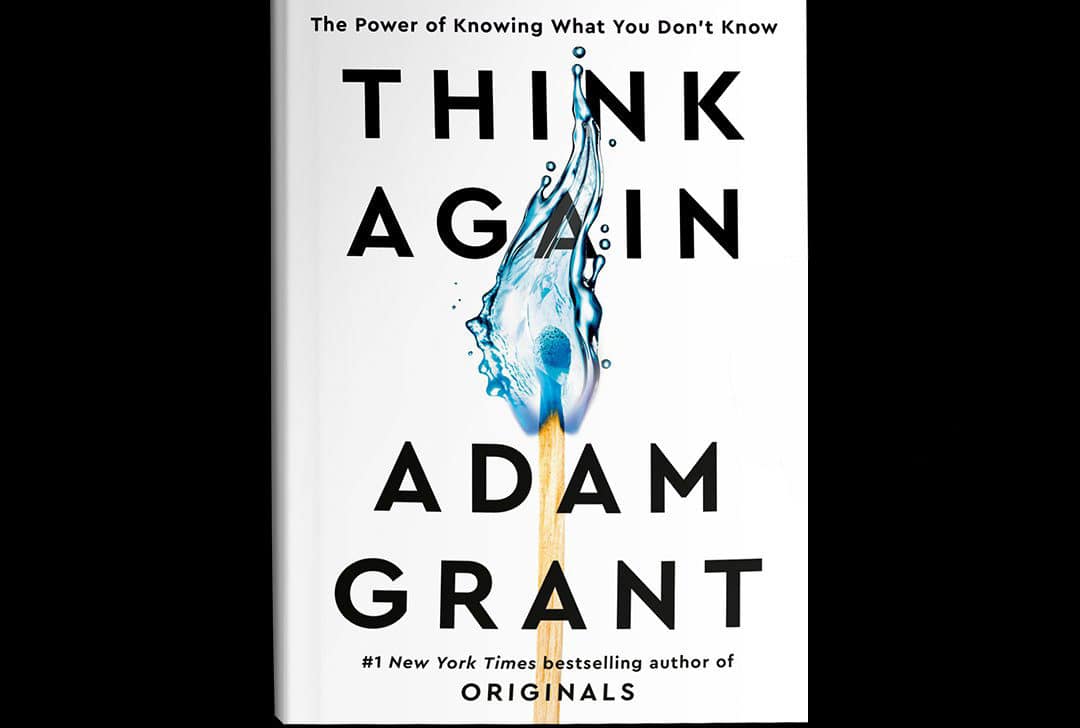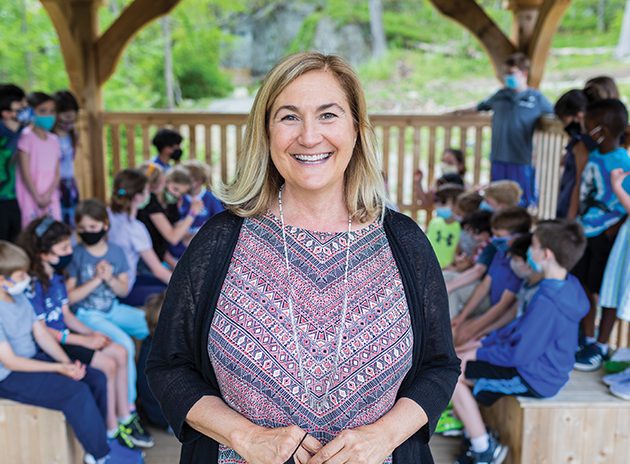With a new academic year underway, no doubt you are excited when you think about all your child will think and learn in the months ahead. But what about developing their ability – and our own ability – to rethink and unlearn? Faculty and staff chose from a few optional books to read this summer, and Adam Grant’s Think Again was one of the selections. In the book, Grant, a psychologist from the University of Pennsylvania, discusses the challenges of rethinking and how to do it better. He quips that we make fun of people who use Windows94, but we cling to ideas we developed in 1994. Of course not every idea needs to be rethought, but it’s worth asking when and how the ability to rethink helps us adapt to the world, connect to others, and keep our perspective fresh and relevant.
Faculty and staff discussed key ideas from the book at a recent Friday afternoon meeting. Some of the main concepts that most resonated included to following:
- Try to think like a scientist. When we are in preacher mode, we are proselytizing and not reconsidering our ideas; when we are in prosecutor mode, we are working to prove we are right. But as scientists, we are always asking questions about whether or not the evidence supports our current ideas, and how we might update our beliefs based on new evidence.
- “There are deeper forces behind our resistance to rethinking. Questioning ourselves makes the world more unpredictable. It requires us to admit that facts may have changed, that what was once right may now be wrong. Reconsidering something we believe deeply can threaten our identities, making it feel as if we are losing part of ourselves.” Be aware of when this dynamic is at play, and don’t let it get in the way of rethinking your ideas.
- Children learn how to rethink ideas when they see us practice this skill. Think about the ways we use this practice of modeling to help our students develop a mindset that encourages them to think again.
- Not every idea or belief needs to be rethought. Be clear about the values and beliefs you hold that do not need rethinking. While some of your values or beliefs may be fixed, consider if the ways you pursue these values may need to be rethought.
- We can not effectively identify all the areas in our lives that may need to be rethought. Build and welcome your “challenge cabinet,” since these people can help you broaden your perspectives and understand the world more fully.
If you’d like to learn more, but don’t have time to read the book, try Grant’s TedTalk on the topic!







